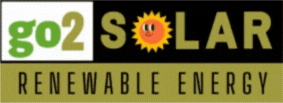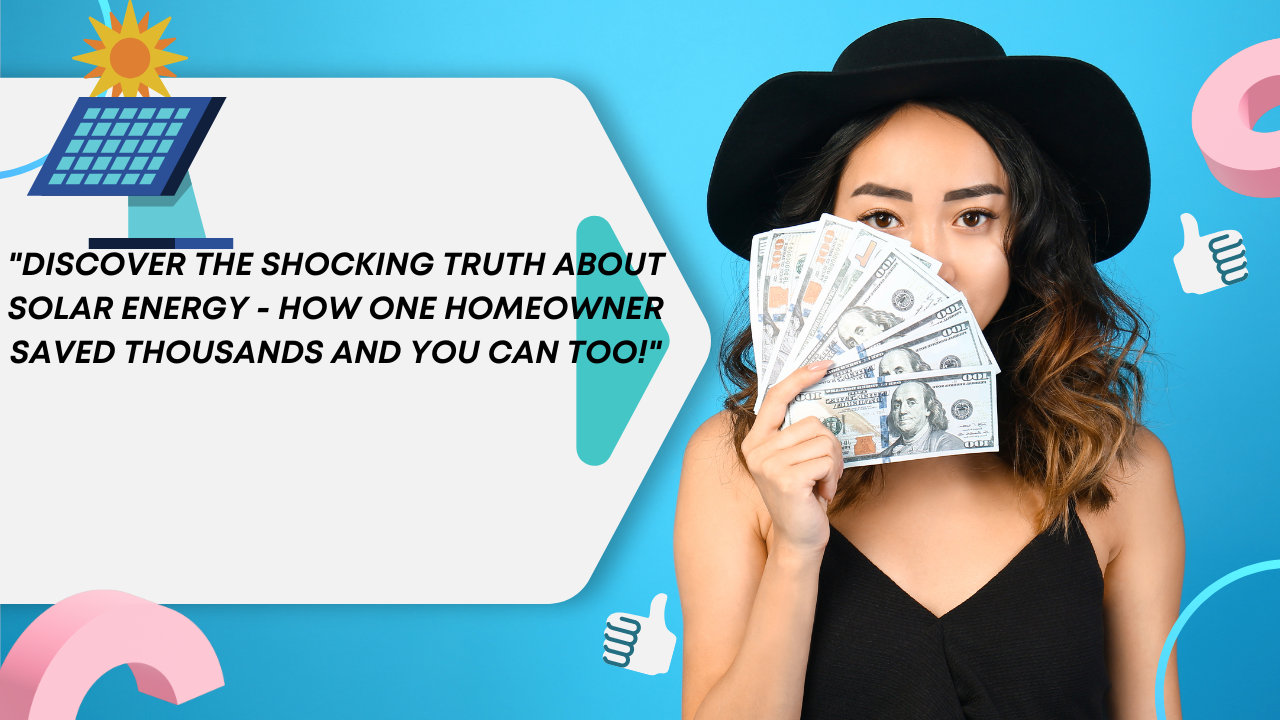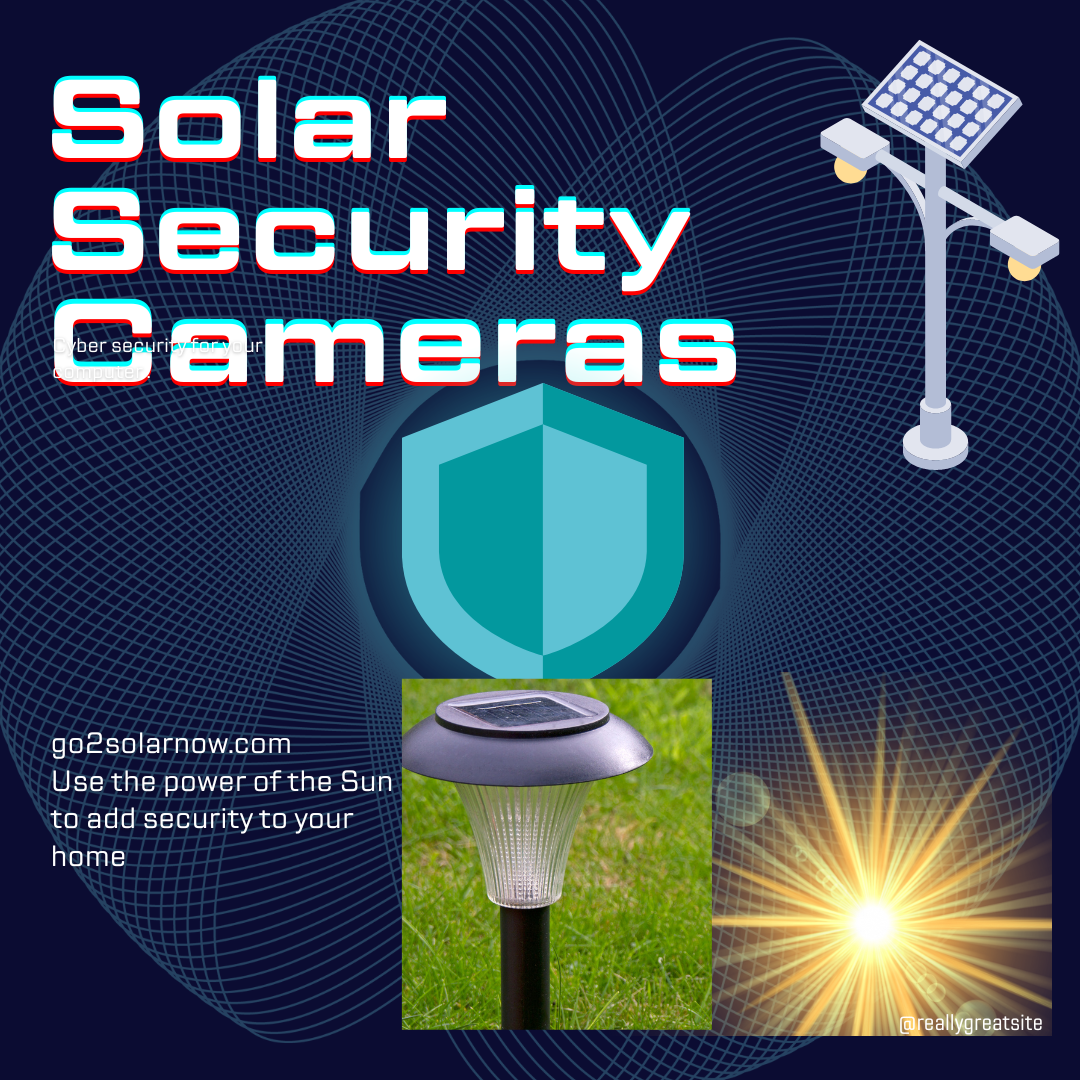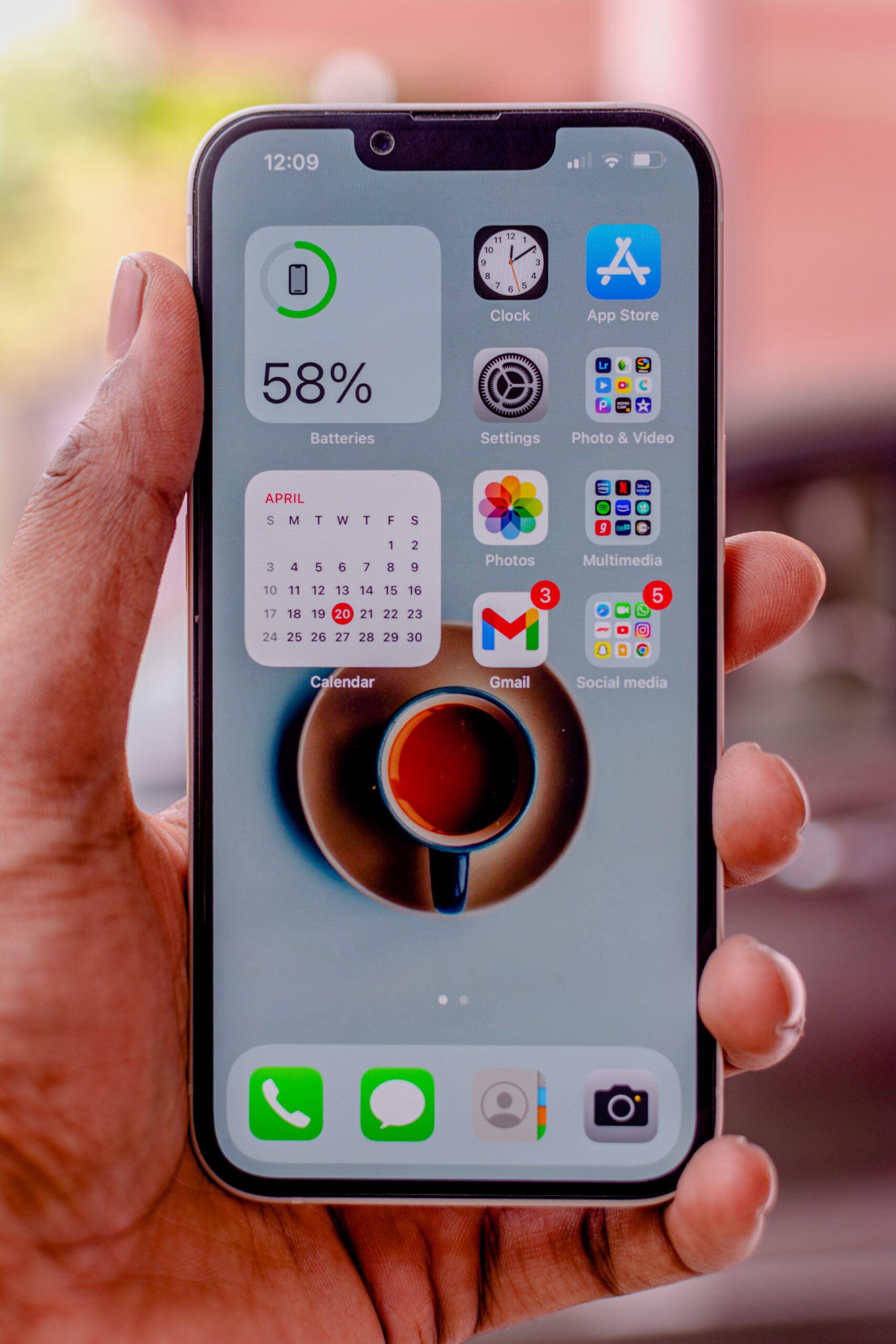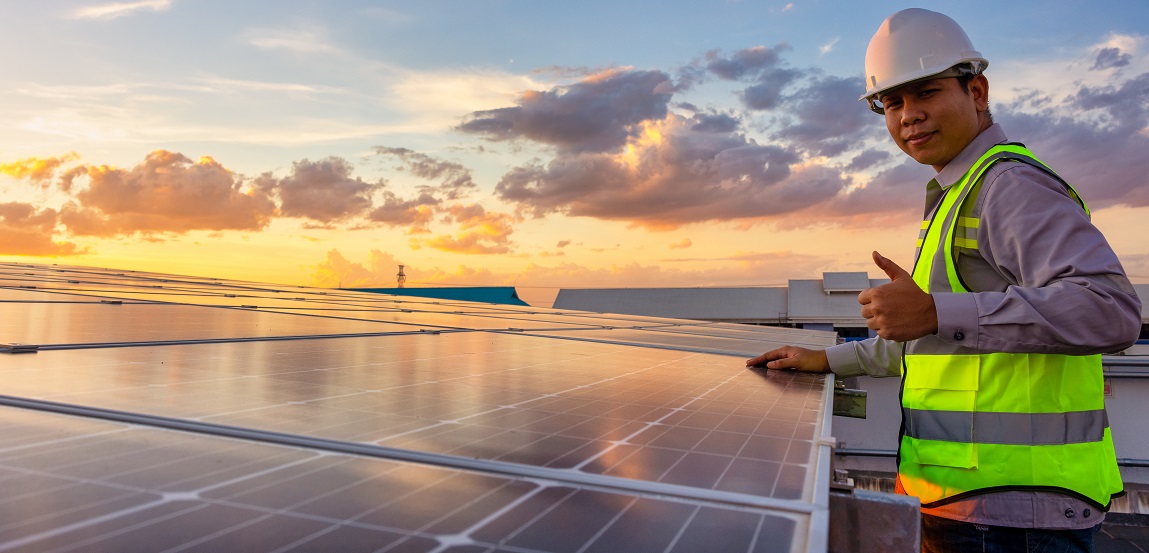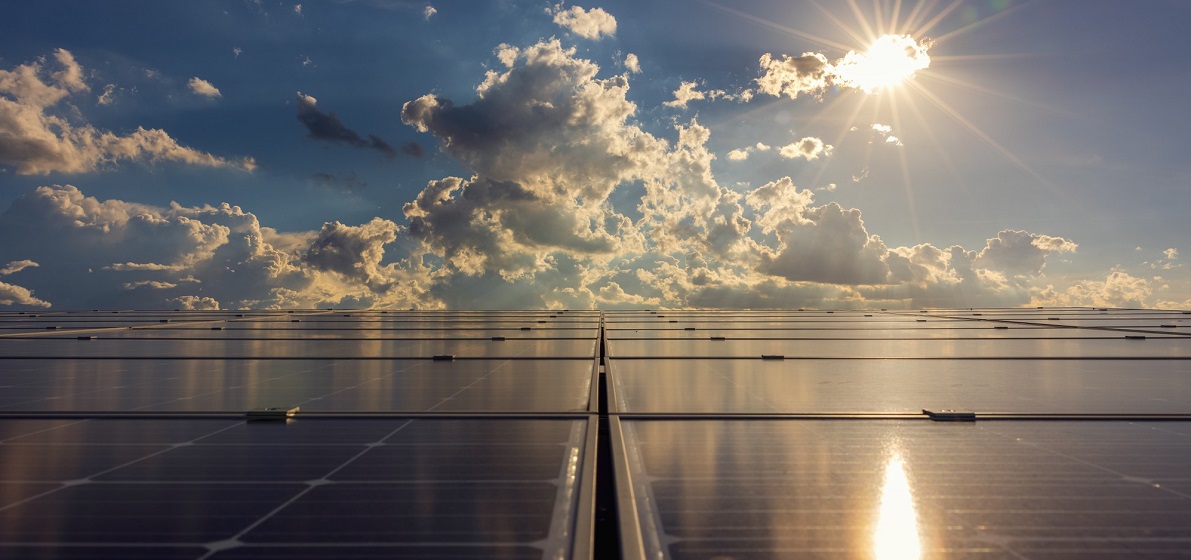My solar experience.
If you’re thinking about switching to solar energy, I can totally relate to how you might be feeling overwhelmed by the process. But don’t worry, I’m here to share my experience and give you some tips to make the transition to solar energy as smooth as possible.
First off, it’s important to assess your electricity usage to determine what size solar system would work best for your home. I consulted with a solar provider to help me choose the right option for my family’s needs.
Next, it’s crucial to find a reputable provider. I did some research and compared rates from different companies. I ended up choosing a provider with a good reputation and a proven track record of successful installations.
Securing financing was another important step for us. Luckily, many solar providers offer financing options. We were able to find a solar loan provider that specialized in financing solar projects, and we made sure to have a credit score of at least 620 to qualify.
Getting the necessary approvals was a bit of a process, but it was totally worth it. We had to get approval from our utility company and local government by submitting a permit application and having our system inspected to ensure it met safety and building codes.
Finally, once we got all the approvals, we were able to turn on our solar panels! It was as simple as flipping a switch or pressing a button. We now enjoy the benefits of generating our own electricity and reducing our carbon footprint.
One important thing to keep in mind is to monitor your solar production regularly. Our solar provider offers online monitoring tools, so we can check our energy production in real-time. This helps us identify any issues early on and ensures our system continues to generate electricity for years to come.
Overall, switching to solar energy was a smart investment for our family. It took some research and planning, but it was totally worth it in the end. I hope my experience and tips help make your transition to solar energy a success!
Outbound link:
https://www.energy.gov/
